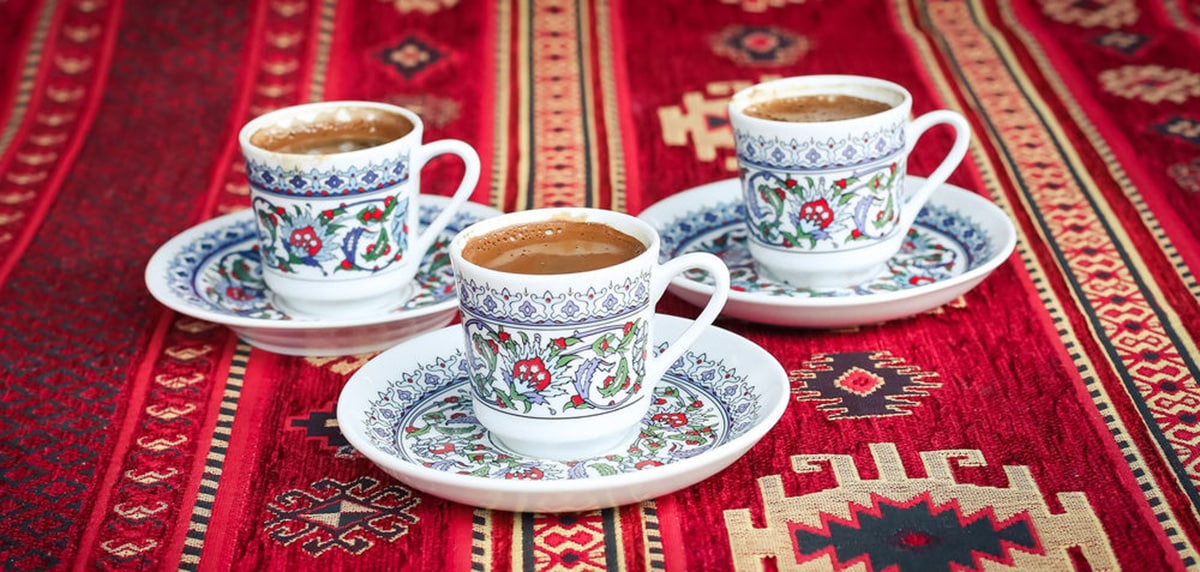
Türkiye It is a fascinating country whose geographical position has made it a crossroads of cultures and civilizations. It has a wonderful richness and after thousands of years of history today it is formed as a democratic, constitutional and secular republic.
Behind this denomination and political organization there is a culturally very interesting society, so today we will see the Turkish customs.
Turkish customs

Each town has its traditions and customs, those invisible and visible ties that unite its members and are the common denominator that unites what we call "nationality". We can think that the modern times of globalization have overthrown many local customs, but in truth what is experienced is their intertwining. Yes, some are old, others are renewed and others tend to disappear or be relegated, but something of them is still perceived in the national being of the peoples.
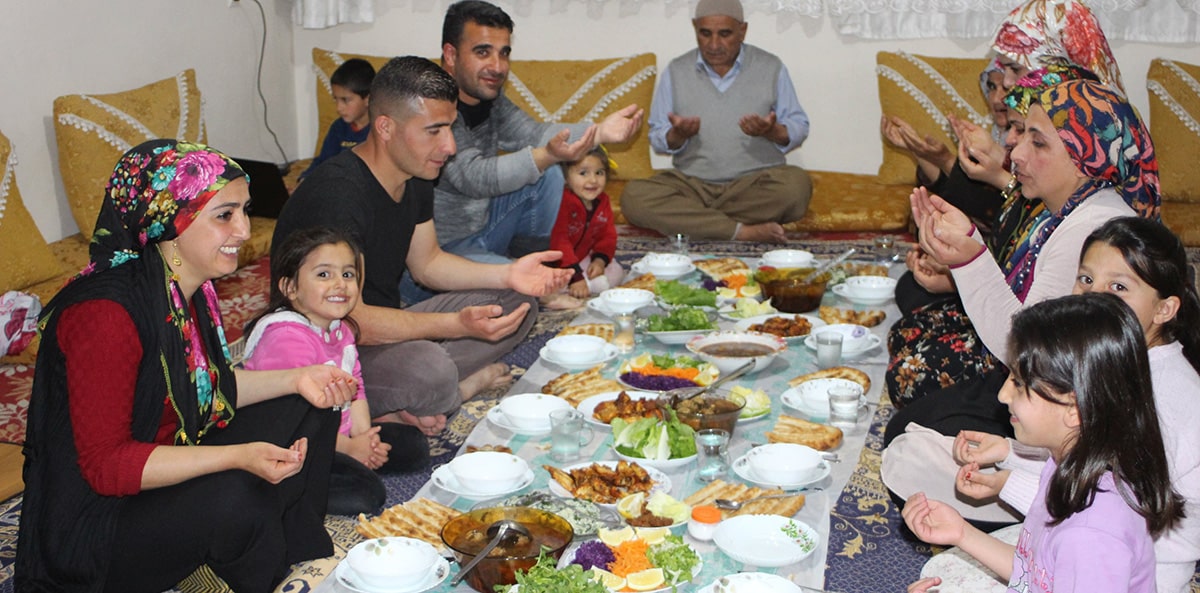
Nobody thinks much about the customs that we follow as citizens of this or that country or members of this or that locality or organization. We do them every day, we don't think about them. The Argentines drink mate, the English love their tea time, the Japanese do not visit each other at home and so we can continue making an endless list of familiar or extremely rare aspects that people have.
But when we travel, these customs and traditions appear to us with an implacable force. They contrast with ours and it is then that those of others and our own jump out at us throughout our journey. I believe that when one is a traveler or a tourist, opening one's head to get to know the culture that one is visiting is the condition sine qua non to enjoy and make that trip transform us.
But what are some of the turkish customs?
Read the fortune in coffee cups
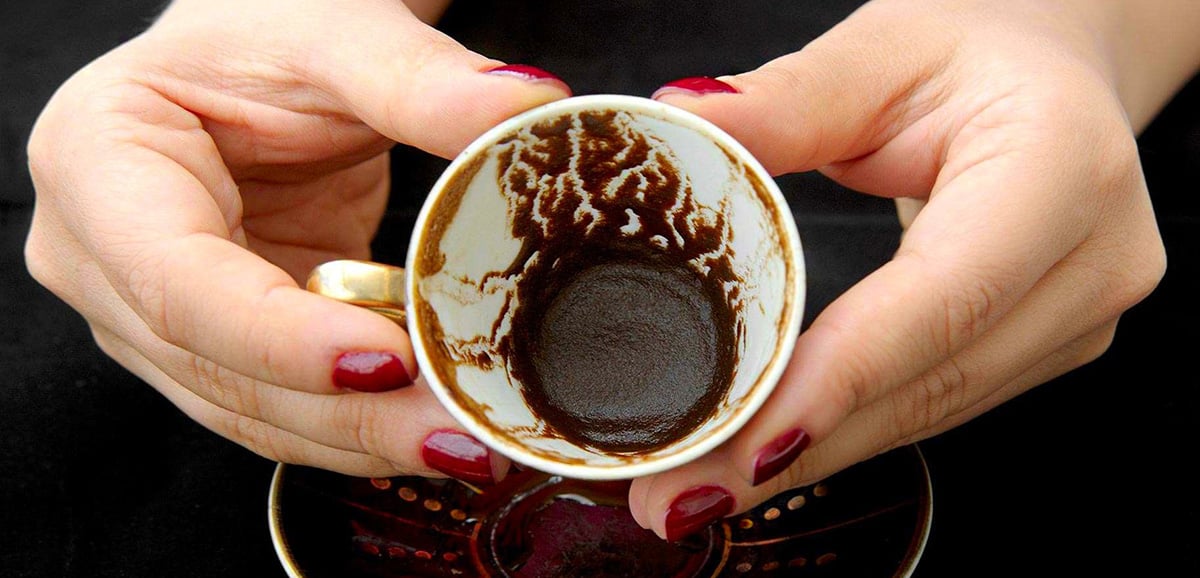
We have seen it in a thousand movies or read it in a thousand books. The turkish coffee It's super famous whether you drink it sweet or sour. It does not go unnoticed and most Turks drink even one cup a day. The custom begins when the coffee is finished and the cup is left: then it is covered with a plate and it is waited for it to cool down. Then the plate is removed and from From the forms that the coffee that stains the cup has taken, one can determine the future. Or so it is believed.
The custom indicates that if we are among friends there is one who will be chosen to read the fortune of others. Whoever is more skilled, of course, is more accustomed or experienced. Funny.
gold day
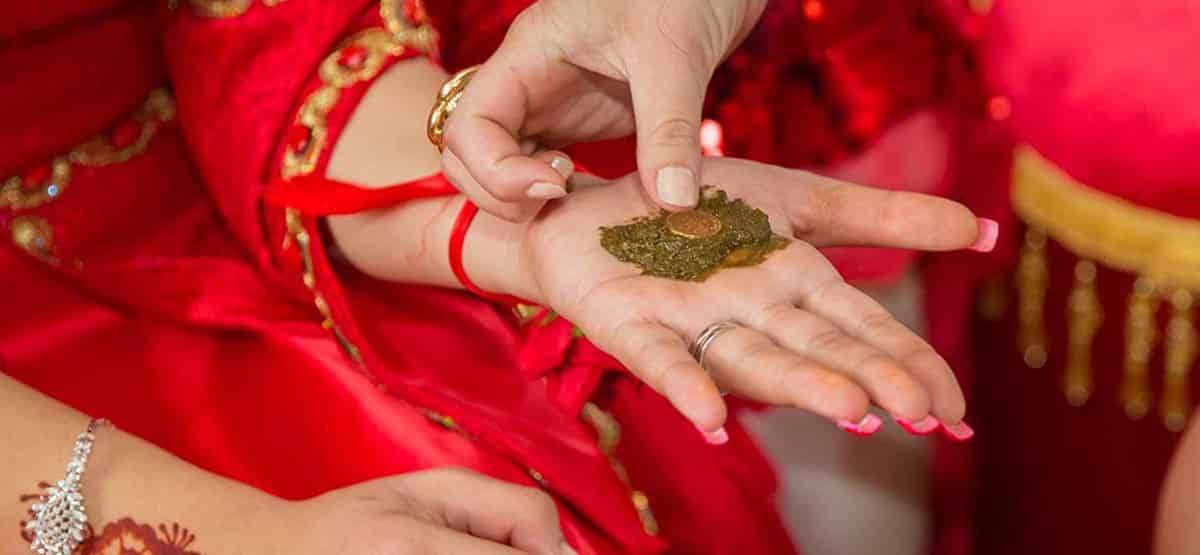
In this special day of meeting between turkish women. Turkish women of any age get together with friends or neighbors and collect gold coins. In each meeting one participant becomes the hostess and prepares food and drinks for the rest.
Afterwards, each guest in turn brings a gold coin for the hostess and the same thing happens on the other days when she moves house. The excuse is to get together, chat and enjoy the company of others, but at the same time it has its origin in the custom that each woman could somehow have her own money. Pretty smart!
Asking for the bride's hand in marriage
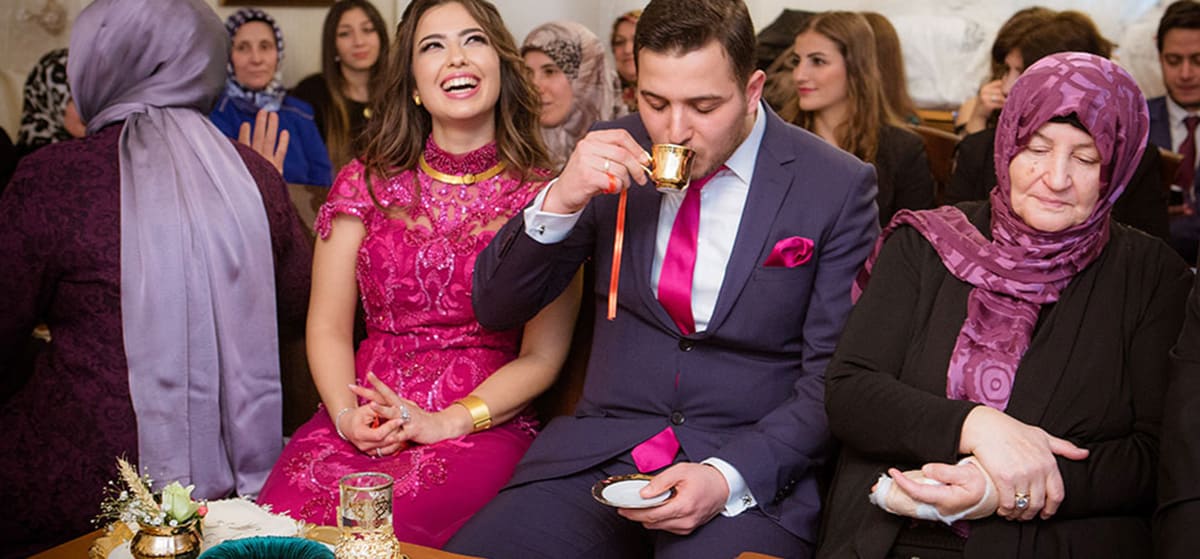
It sounds old, but the Turks still follow this custom. And it is quite a ceremony in which the couple's families are reunited after the marriage decision has been made. Once the groom makes the proposal, his parents visit the bride's family at home, usually bringing a bouquet of flowers or some chocolates, and ask the parents or older members for their approval of the proposal. of his son.
The eldest is usually the father, but there may be a grandfather, uncle, or brother. In the ceremony, Turkish coffee is obviously drunk and the groom is served salty coffee.
henna night
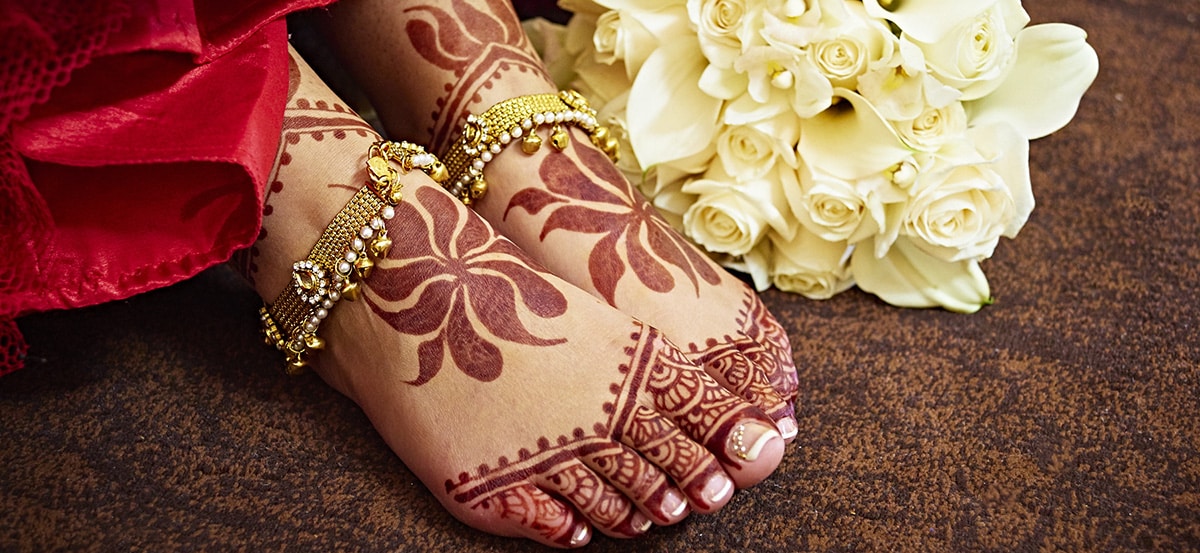
Is the night before the wedding and it's something like a bachelorette party. It is organized between the bride's family and her friends and the groom's family, worse are Only women. In that night, henna is brought in and applied to the bride's hands.
What does henna symbolize? Some say that it symbolizes virginity and others say that it is a kind of blessing to ensure the prosperity of the union. In addition, that night, the guests dance and laugh and at some point tears also escape because marriage represents a change, the moment in which the bride says goodbye to her family and the house where she grew up.
Pouring molten lead to cure the evil eye
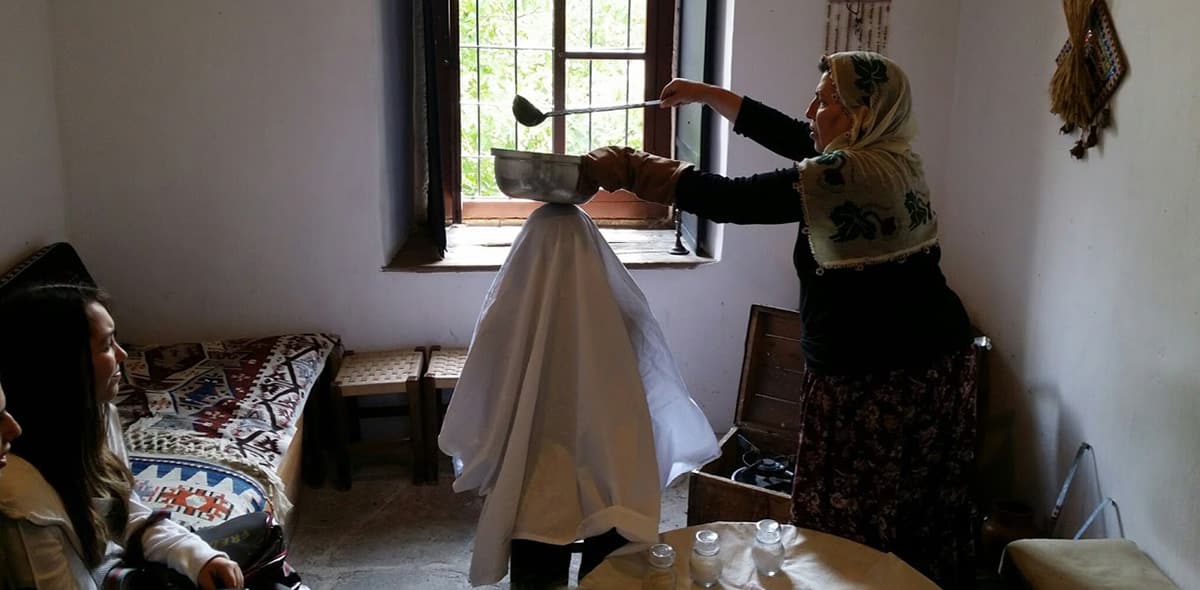
Really? Yes, the Turks believe in bad energies and their power to generate the evil eye, for example, so there is a curious custom that supposedly serves to avoid this. In every Turkish house there is a glass figure, the bad eye, which is believed to keep the «nazar«, that is, the evil eye. Having this figure supposedly scares him away.
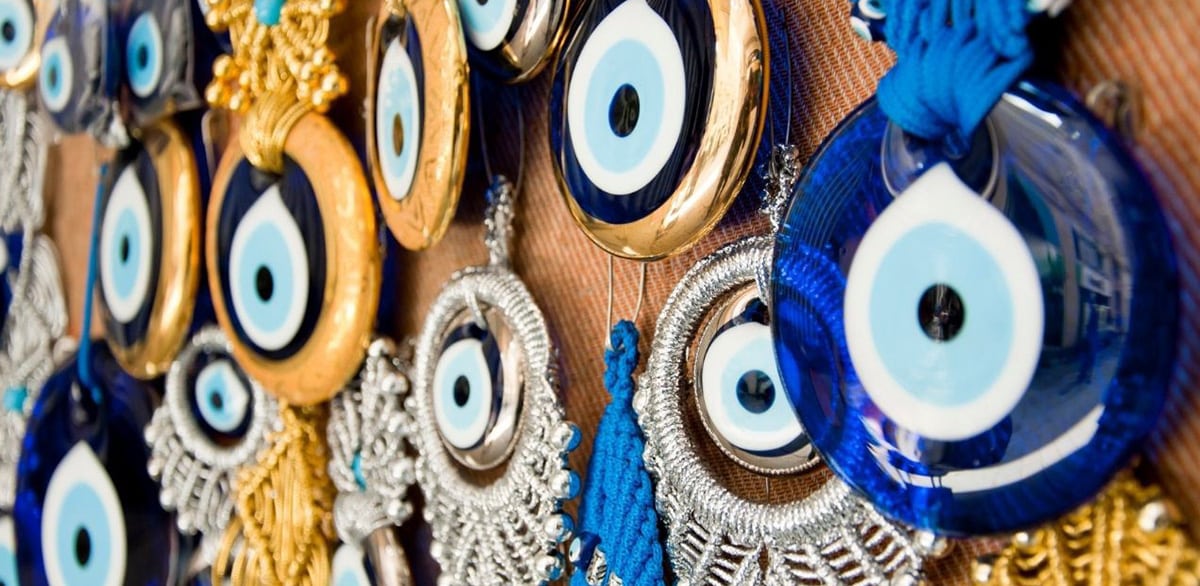
But in addition to this there is another Turkish way of repelling negative energy and that is by pouring molten lead. The person believed to be suffering from the evil eye sits on the floor on a table cloth. Another person holds above his head a bowl with a cup of water inside. Sometimes a pair of shoes are placed inside and other things as well. Then, a spirit expert arrives and pours the molten lead into the water.
After this procedure, the same expert recites some prayers and interprets the lead by observing the forms that it forms in contact with the water.
sira night
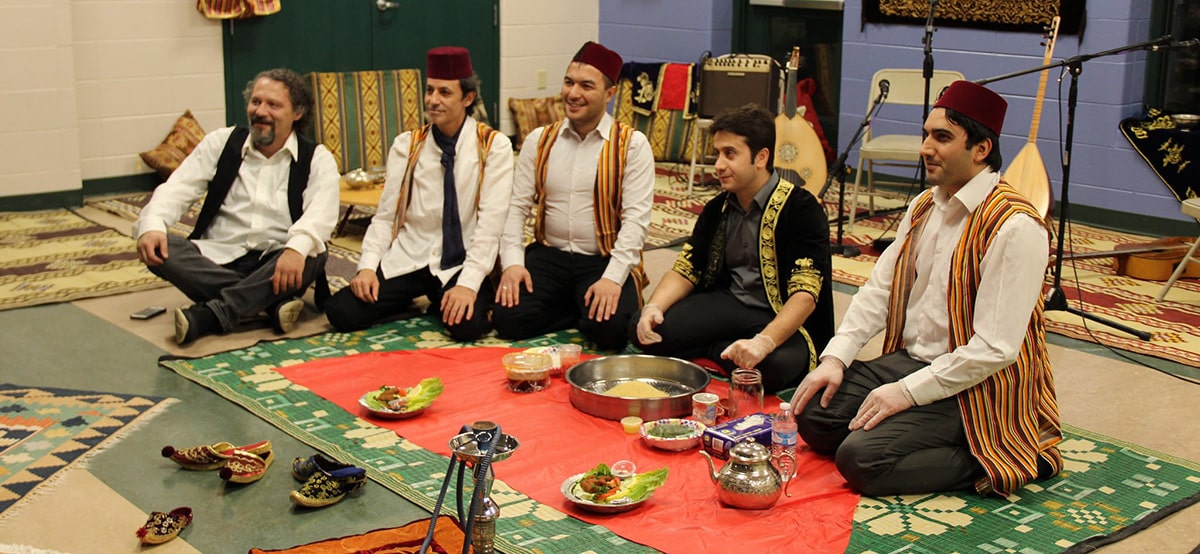
This colorful tradition takes place in the southeast of the country, mainly in the province of Sanhurfa. During this night, in which women are not allowed, a ball of raw meat is made and raki, an alcoholic beverage flavored with anise, is drunk. Then the assembled men eat and drink, sing songs, play games and play instruments.
In addition to having fun, during this masculine night, also money is raised to help the poor, to collaborate in a wedding, a funeral or the reason why a Sira Night has been organized.
The Drum of Ramadan
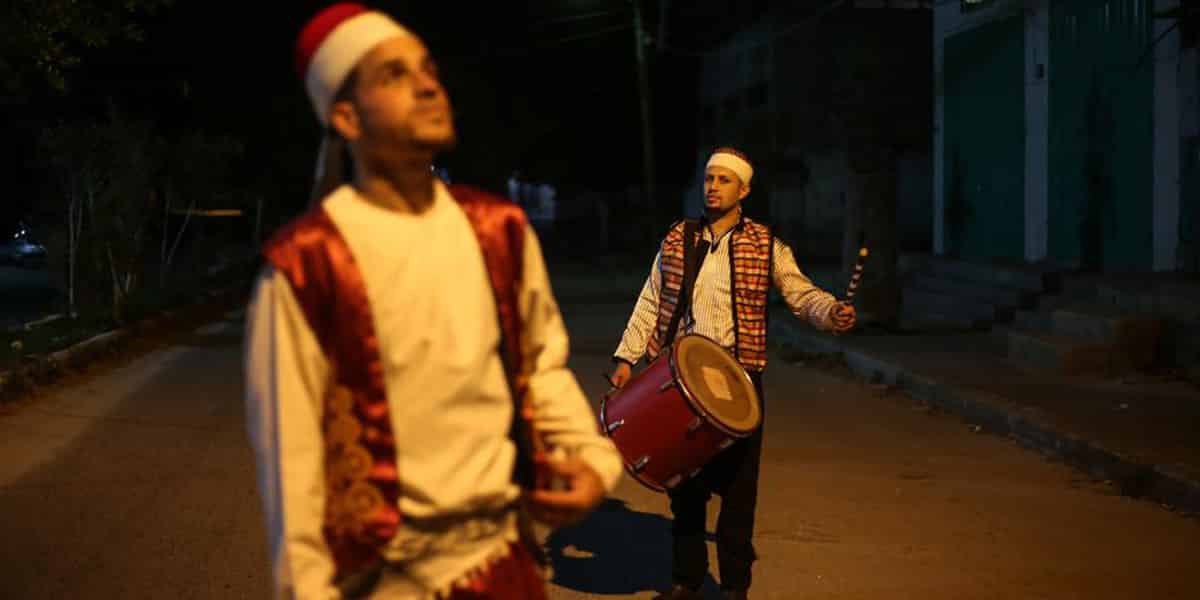
The month of Ramadan is a holy month for the Muslim community. It is the month of fasting and understanding the history of the Muslim people themselves. During this month the community fasts until sunset and eats until sunrise. The Muslims they get up before dawn to eat, but it is not something that is always easy. Then, the drum of Ramadan comes into action that what it does is warn.
Someone with a drum walks through the streets and shouts things, sometimes verses, telling the community that it is time to attend the service at the end of Ramadan. The tradition comes from the times of the Ottoman Empire and although it was once very popular, it must be said that today it is a rarer custom. The mobile has supplanted the drum, For example.
These are just some customs of Turkey. Of course there are many more.